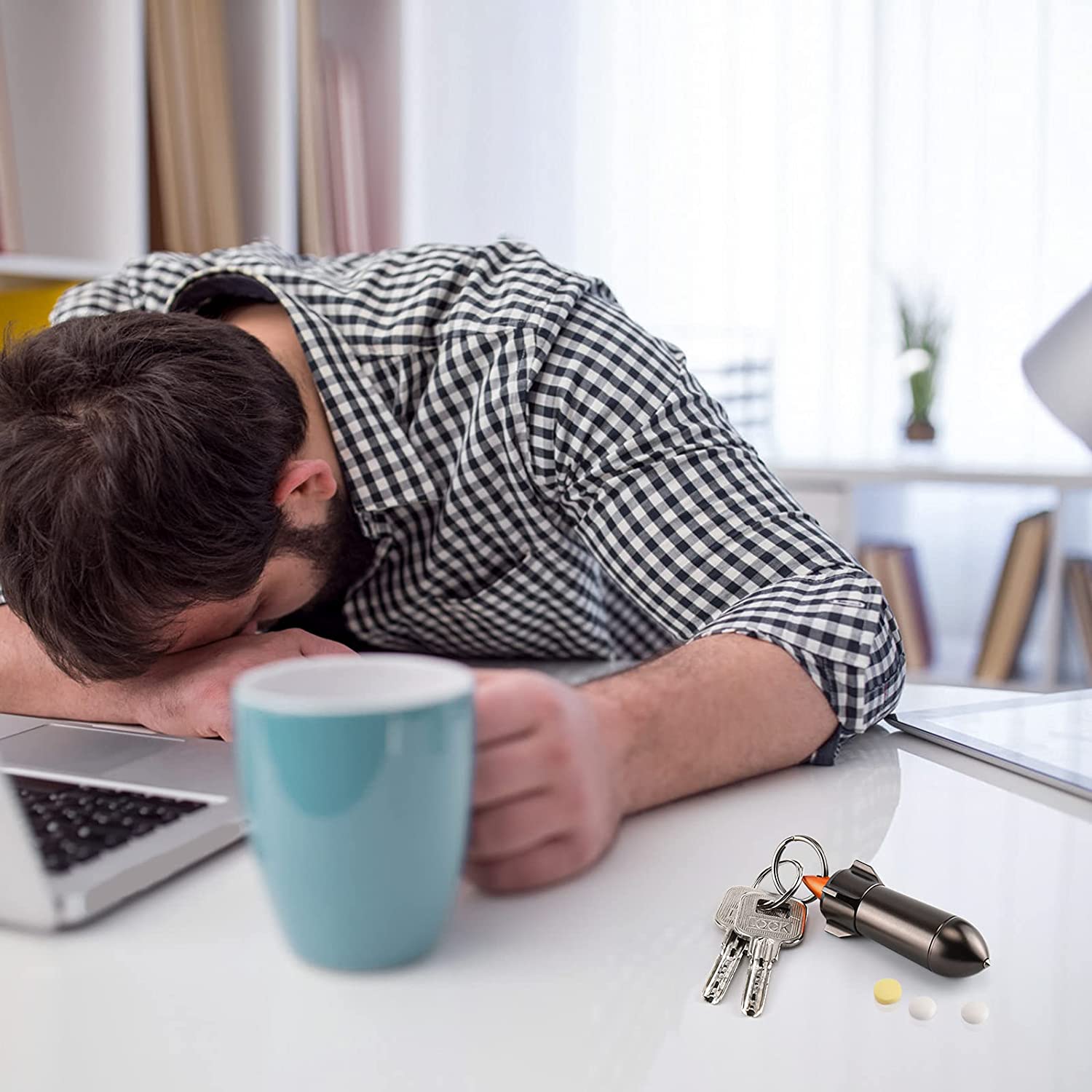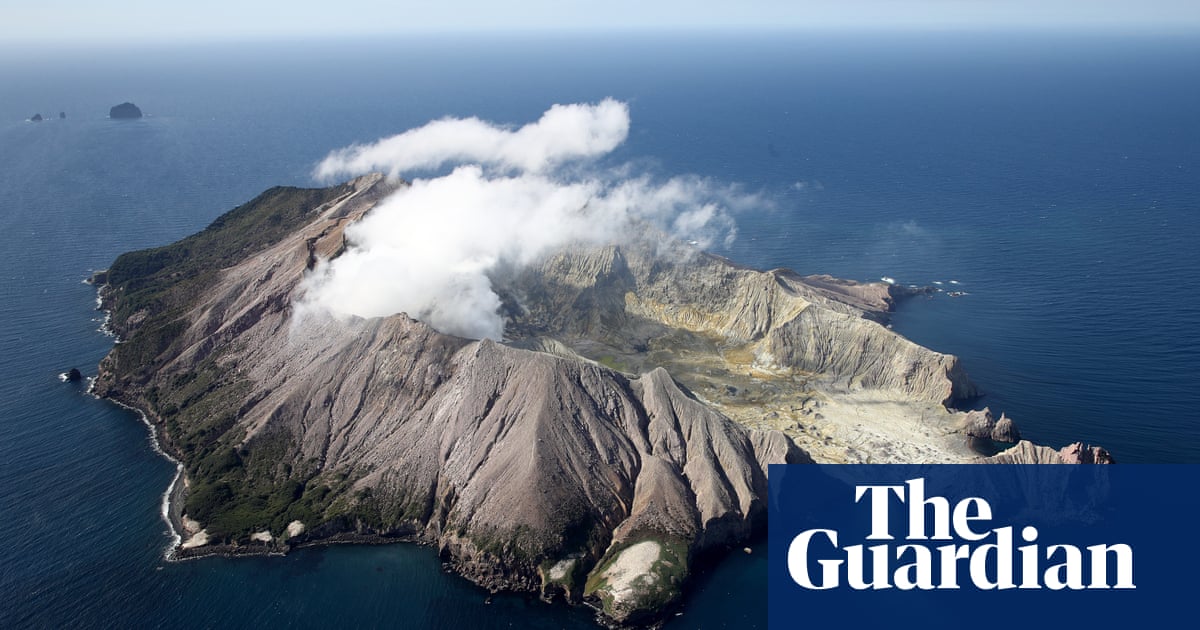New Zealand judge Evangelos Thomas criticised failures of safety audits given ‘obvious risks’ that led to 2019 fatal eruption
I’m not from NZ (and I don’t live there yet…), so could you tell me if you think this verdict could have implications for places like the Tongariro Alpine Crossing (active volcanic hikes or things like that).
Hard to say in specific terms. Generally, we’ve already seen changes to the Adventure Activities Act (after much debate and industry consultation) which will put a lot more emphasis on informed consent and risk disclosures for clients. There’s also more emphasis on risks due to major natural events and having systems to identify and mitigate these.
Honestly, the chances to the Act have been pretty minimal, and I don’t think this verdict changes that. What it does achieve is force the hand of shonky operators to come up to standard.
Thanks!
Most of the people who do the Tongariro crossing are self guided, so nobody is responsible for them but themselves. Organisations like outdoor clubs are explicitly written out of the legislation for recreation.
This is explicitly a workplace safety ruling, so only applying to guided trips.
I have to admit it’s weird to me that tourists are ever allowed to go there.
I went there about 20 years ago, as a PFY even I was surprised at how lax the whole operation was.
Also, think volcanoes are risky? Wait until you hear about cars ;-)
I’ve had people argue tooth and nail with me that the guests knew the risks and nobody should be liable.
Absolutely mental attitude, you can’t opt out of health and safety legislation.
I would argue that it has a lower risk than riding in a jet boat (or at least, before this event it could have been argued). Every few years someone dies in a jetboat crash, but this event I believe was the first time ever that there has been volcanic eruption tourism deaths, except perhaps the pink and white terraces in the 1800s.
The court cases show heaps of issues with the procedures, but I don’t see a reason not to allow anyone to ever go there. Just maybe don’t go when the alert level has been raised and make sure you stay within health and safety rules.
We also let people ski on Ruapehu which erupts every so often, seems the same to me.
I can see your point.
I always got the impression seismologically Whakaari was more likely to go than Ruapehu, but that might just be because it’s a tsunami risk so civil defence always talked about it. “White Island Eruption” was a bit like “Quicksand”.
In terms of the jet boat I think it’s a probability vs magnitude issue i.e a jetboat is not able to kill as many people at a time. Also not sure whether the per capita is much worse?
I think it’s where the volcanic alert levels come in. At this event, the rating had been raised to say there was a risk but operators still went anyway because they got away with it in the past. I can see a future where we continue these trips but only at volcanic alert levels of 0 or 1.
This is why limited liability companies are bullshit.
This LLC is a defendant, and has been convicted… but the three directors: the people responsible for the company are acquitted.
Whilst I agree this situation is terrible; LLC’s are an advantage to the country as a whole.
If the LLC is removed what you get is unlimited liability; the knock-on effect from this is that only those that can afford significant insurance costs will be able to operate a business. This will entrench the already rich, worsening inequality and making it very difficult to close that gap.
If a company can’t afford to compensate its directors such that they can afford insurance to cover their unlimited liability then that business’s activity is too risky.
Limited liability just moves that risk to employees, suppliers, and customers of a business: they’re the ones that do not get paid or delivery when a company fails.
“Poor” people can’t afford to take any risks! Starting a risky business is only slightly less of a bad idea than developing a gambling habit.
What about starting a non-risky business, like a cafe? The insurance requirements will still be very high.
What I think you are looking for is, that LLC protections don’t cover negligence…which is starting to come into law. Look at the health and safety at work act.
Why are the insurance requirements high? Because it’s risky. Cafés survive only at the whim of very ficklest of customers.
But with unlimited liability, if your cafe fails, you lose the house and future earnings can be on the line also.
LLC is for financial protection, not for criminal and now it also doesn’t cover health and safety negligence.
But with unlimited liability, if your cafe fails, you lose the house
That’s the point.
LLC limits that liability of the directors and only the directors. The liabilities are still paid for by someone. LLC just means that someone is someone else: probably supplies and employees who don’t get paid.
If you can’t afford to self insure your cafe, don’t start a cafe.
I can’t afford to start an investment bank, so I don’t try.
I agree. It’s not a human. But human decisions led to this outcome.
This is the best summary I could come up with:
A New Zealand court has found the owner of White Island/Whakaari, the offshore volcano that erupted in 2019, killing 22 people, guilty on one charge of breaching workplace safety laws.
On Tuesday, Auckland district court ruled Whakaari Management Limited (WML), the holding company of landowners Andrew, James and Peter Buttle, had not met its obligations to visitors to the volcano.
The 2019 disaster killed 22 people – including 17 Australians – and left 25 others injured while triggering a debate over the safety of New Zealand’s natural hazard and adventure tourism industry.
In his judgment on Tuesday, judge Evangelos Thomas criticised “astonishing failures” of safety audits given the “obvious risks”, saying WML needed to take expert advice.
The disaster put a spotlight on the limits of New Zealand’s no-fault compensation system, which automatically pays for some expenses of accident victims such as medical care, grants for funerals and loss of income.
He expects to reach settlement deals before the end of the year for his remaining clients, such as Australian Jesse Langford who was badly burned and lost his sister and parents in the tragedy.
The original article contains 564 words, the summary contains 185 words. Saved 67%. I’m a bot and I’m open source!
🆒







